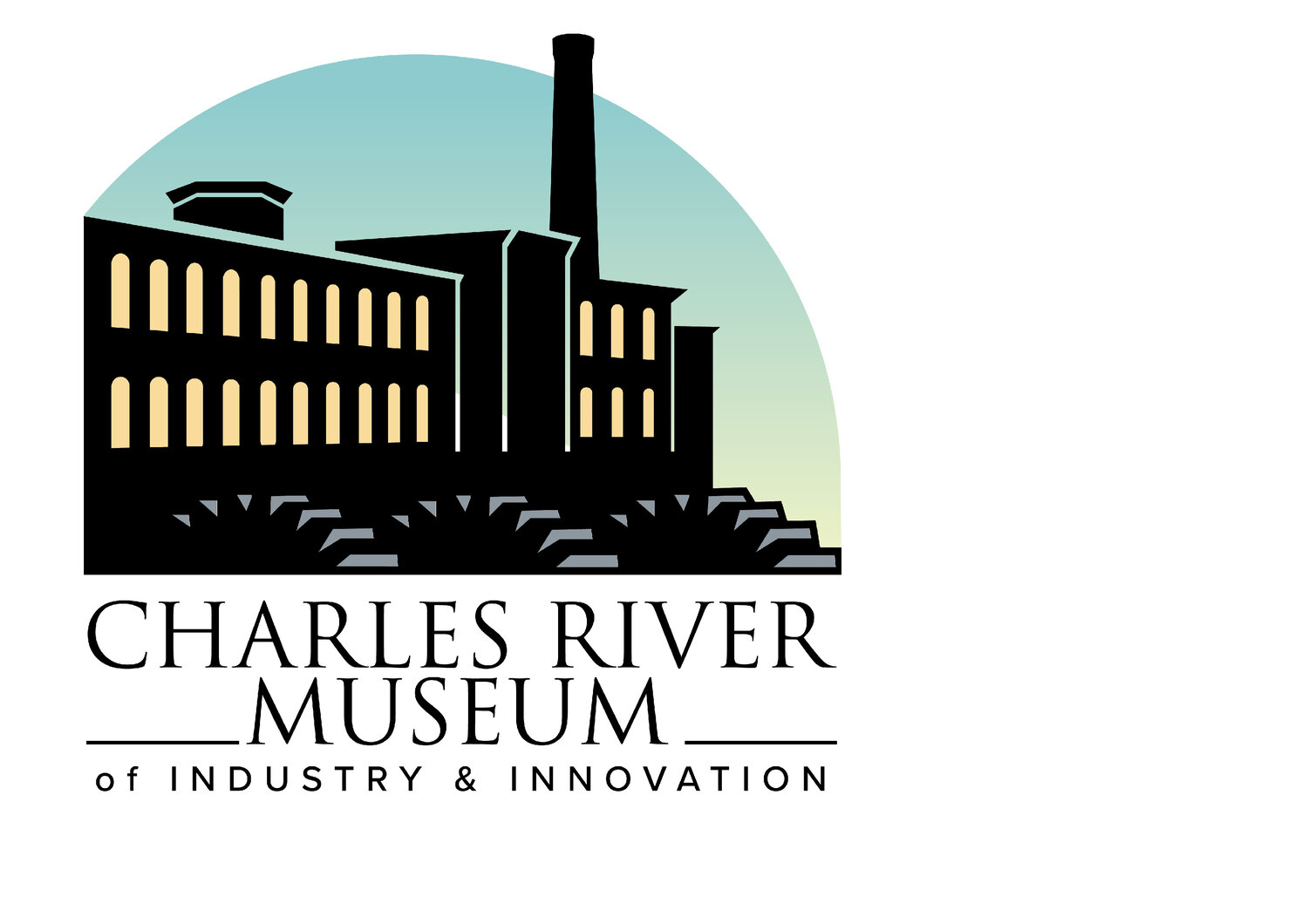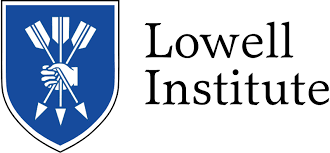Mill Talk: What is Industrial Archeology: Its Past and Future
presented by Sara E. Wermiel
FREE to the Public
REGISTRATION REQUIRED
The field of industrial archeology (IA) is now about 70 years old and has passed through stages of life, from an exuberant youth filled with discovery – the period when the Charles River Museum of Industry was founded – to its sedate present. Interest in the field seems to be waning, judging from declining membership in IA groups, and even the name of the field confuses people. Those of us who would like to see the field survive and flourish wonder how it can be re-energized, in what direction should it go?
This presentation will explain what industrial archeology is. It will trace the history of the field, from its beginnings in England in the 1950s and the founding of the U.S. Society for Industrial Archeology in 1971, to the present, and describe some of its contributions, like the early surveys of historic textile mills. It will cover its connections to allied history and practice fields, like history of technology and historic preservation. Sara Wermiel will conclude by presenting her ideas for what the field might focus on, to have a purpose that can sustain it.
Speaker Bio:
Sara E. Wermiel is an independent scholar, historic preservation consultant, and teacher. Her research focuses on nineteenth century building technology, construction history, building types, and industrialization. She currently teaches Preservation Planning in the Preservation Studies Program at Boston University.
Wermiel received a B.A. from Oberlin College; a professional degree in urban planning from Hunter College, City University of New York; and a PhD in urban history and history of technology from the Massachusetts Institute of Technology. She is the treasurer of the Southern New England Chapter of the Society for Industrial Archeology.
Links:
Lighthouses Lighthouses | Sara E Wermiel | W. W. Norton & Company
“Fire Escapes,” Fire Escapes - Encyclopedia of Greater Philadelphia
Mill Talks at the Charles River Museum of Industry and Innovation are free and open to the public and are made possible by the generous support of the Lowell Institute.





